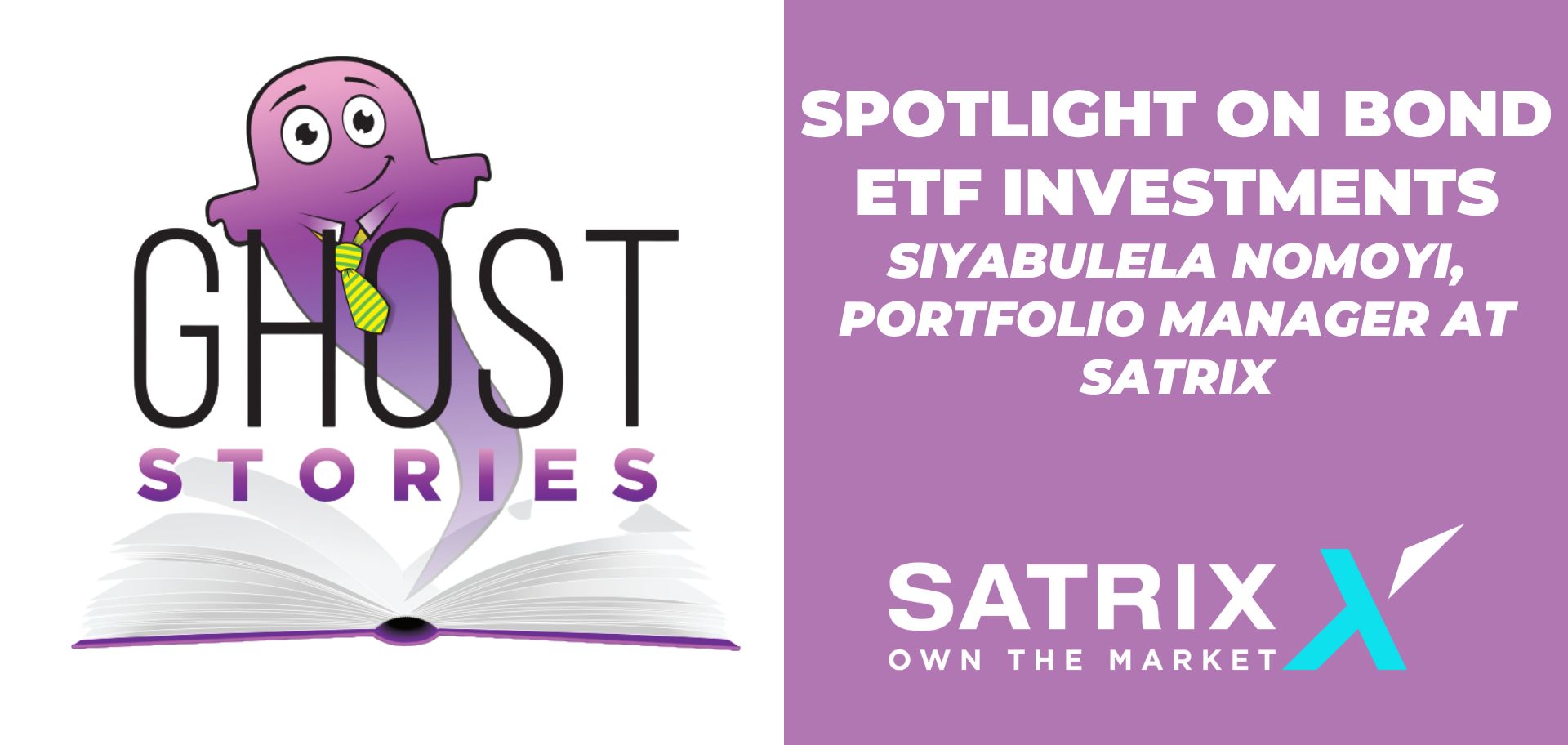Equity ETFs tend to dominate the narrative among investors, particularly retail investors. Fixed income or bond ETFs are often ignored, which is a pity now that yields have picked up to current levels.
Fixed income instruments can be difficult to understand. The trick is in the name, as the capital value fluctuates based on a fixed underlying coupon and the yield that the market demands.
In shining a light on this asset class with Siyabulela Nomoyi from Satrix, we discussed:
- The reasons why a bond market exists, touching on how vibrant the local market has been for bond listings vs. equity listings
- The capital risk that comes with not holding a bond to maturity
- An indication of annual returns achieved in recent years by Satrix bond ETFs
- How these can be used in balanced portfolios
- Retail Savings Bonds and how they differ from Satrix bond ETFs
- The different Satrix bond ETFs and the underlying constituents
- The use of Satrix bond ETFs in a tax-free savings account
To find out more about SatrixNOW, visit this link>>>
Disclosure
Satrix Investments (Pty) Ltd is an approved FSP in term of the Financial Advisory and Intermediary Services Act (FAIS). The information does not constitute advice as contemplated in FAIS. Use or rely on this information at your own risk. Consult your Financial Adviser before making an investment decision.
While every effort has been made to ensure the reasonableness and accuracy of the information contained in this podcast (“the information”), the FSP’s, its shareholders, subsidiaries, clients, agents, officers and employees do not make any representations or warranties regarding the accuracy or suitability of the information and shall not be held responsible and disclaims all liability for any loss, liability and damage whatsoever suffered as a result of or which may be attributable, directly or indirectly, to any use of or reliance upon the information.
For more from the Satrix – Ghost Mail partnership, visit this link to find various podcasts and articles.





Hi, you mention Satrix unit trusts. What is the difference between those and ETF’s?